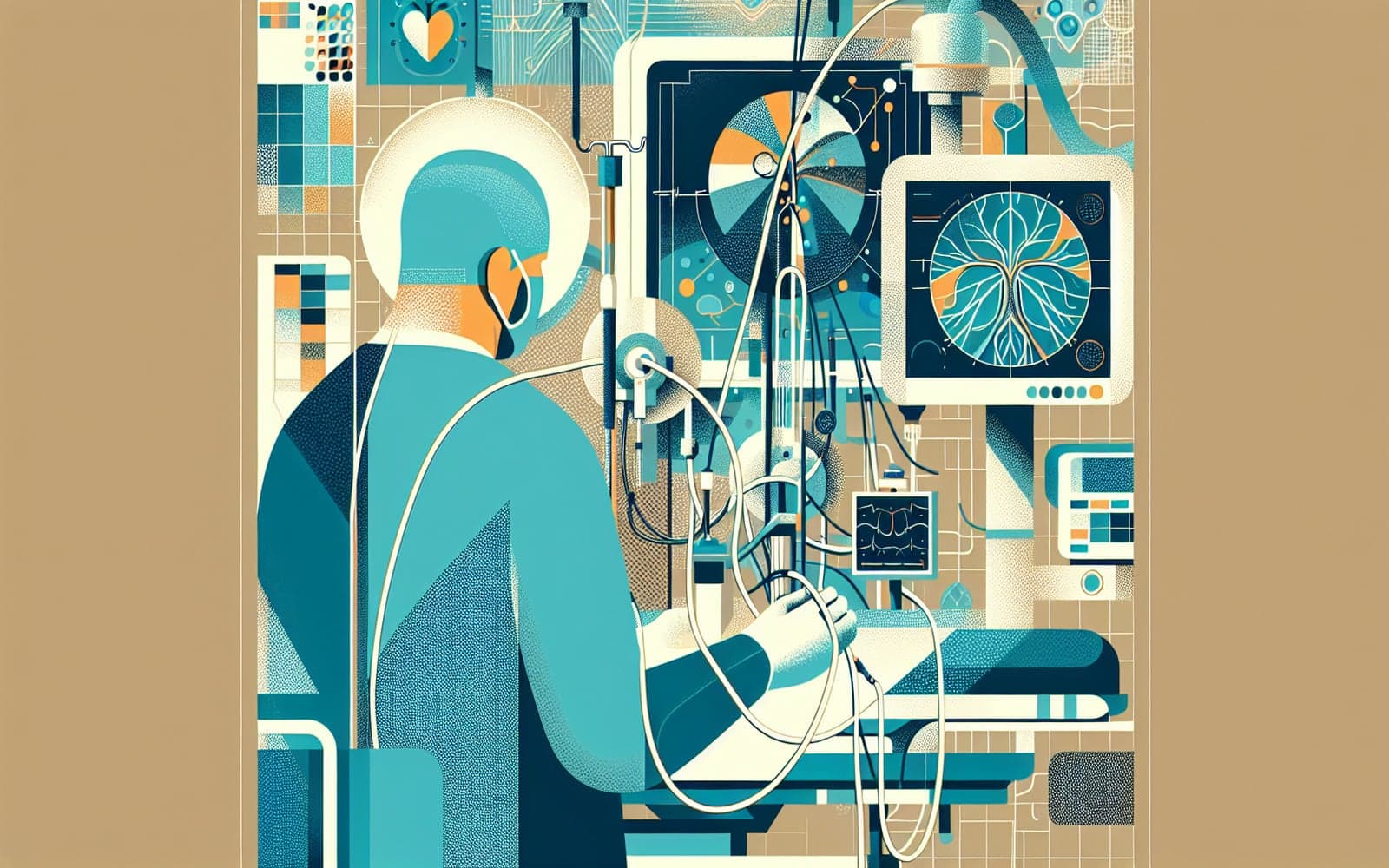ERCP: The Gold Standard for Diagnosing and Treating Acute Cholangitis
Published: Jun 16, 2024
Endoscopic Retrograde Cholangiopancreatography (ERCP) is a crucial procedure in managing acute cholangitis. It serves as both a diagnostic tool and a treatment method, playing a pivotal role in tackling this serious bile duct infection.
Contents
What is ERCP?
ERCP is a procedure that combines endoscopy and X-ray imaging to examine and treat problems in the bile ducts and pancreas. Think of it as a high-tech plumbing inspection and repair for your biliary system. During the procedure, a flexible tube with a camera (endoscope) is passed through the mouth into the small intestine, allowing doctors to access the bile ducts.
ERCP in Diagnosis
As a diagnostic tool, ERCP provides detailed images of the bile ducts, helping doctors identify blockages, stones, or other abnormalities. Contrast dye is injected into the ducts, making them visible on X-rays. This is like creating a detailed map of the biliary system, showing exactly where problems are located. ERCP can often provide more precise information than other imaging methods.

ERCP as Treatment
The real power of ERCP lies in its ability to treat problems immediately after diagnosis. Doctors can remove gallstones, place stents to keep ducts open, or insert drainage tubes. It's like having a miniature surgical team working inside the bile ducts. This immediate treatment capability is crucial in acute cholangitis, where rapid intervention can be life-saving.
Frequently Asked Questions
Patients are sedated, so they don't feel pain during the procedure.
Typically 30 minutes to 2 hours, depending on complexity.
Yes, it can be performed multiple times if necessary.
Yes, but ERCP is often preferred for its dual diagnostic and therapeutic capabilities.
Key Takeaways
ERCP remains the gold standard for diagnosing and treating acute cholangitis, offering a powerful combination of imaging and intervention.
Curious about ERCP or need more information about biliary procedures? Reach out to Doctronic for expert insights and guidance.Related Articles
References
ASGE Standards of Practice Committee, et al. Gastrointest Endosc 2010; 71:1.
Lai EC, et al. N Engl J Med 1992; 326:1582.
Always discuss health information with your healthcare provider.

